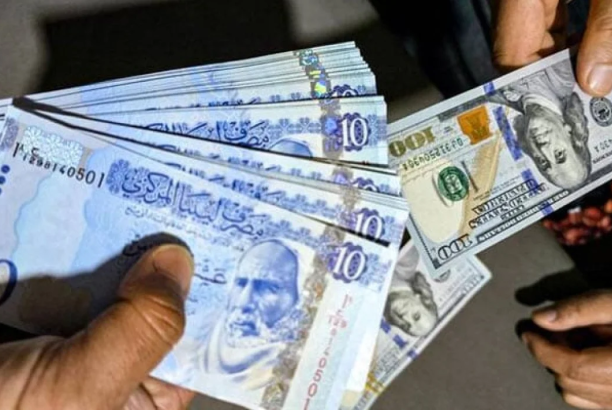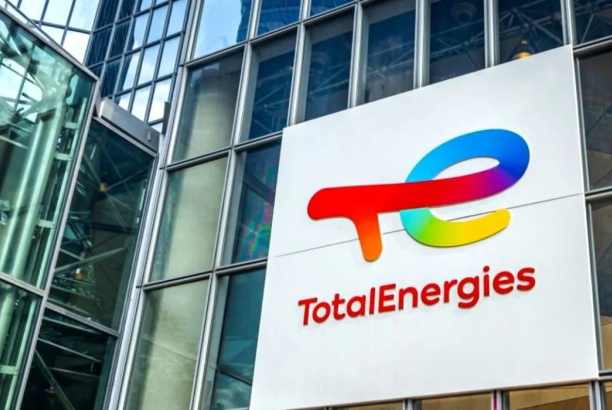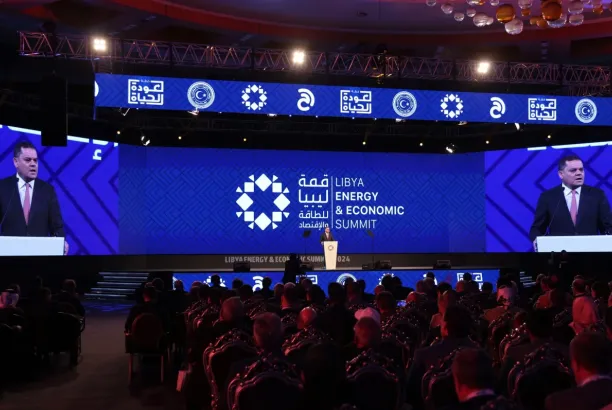
| Reports
African Energy Reveals Gaddafi’s Secret Investments as Libya Lays Claim: Here Are the Details
The “African Energy” website has disclosed Libya’s demand to the U.S. Departments of State and Treasury in Washington for more than $60 billion worth of Libyan assets, which Tripoli claims were secretly invested in U.S. Treasury bonds by the regime of Muammar Gaddafi.
According to the site, a delegation led by LarMo’s General Director for the Recovery and Management of Libyan Assets, Mohamed Al-Munsali, is expected to meet with U.S. officials in early December to demand the funds. The site cited a knowledgeable source saying that the existence of these assets had remained unknown until now.
The report noted that, starting in the 1990s, the funds were funneled through a complex network to be secretly invested in U.S. Treasury bonds, defying strict sanctions imposed by Washington and other nations on Libya.
Hundreds of bonds were reportedly purchased, some of which have matured while others remain active. This practice continued until shortly before the fall of the Gaddafi regime in 2011. Investigations by LarMo revealed that these funds were never returned to Libya.
The site reported that most of these assets, including bank accounts holding proceeds from expired bonds and coupon payments, are housed in financial institutions based in the U.S. Midwest. These deposits could form a significant portion of the capital requirements for some smaller banks.
It also highlighted concerns within LarMo that these institutions might resist returning the funds due to the potential instability this could cause in parts of the U.S. financial system.
In many cases, ownership of the assets remains unclear. In one instance, a U.S.-registered company, owned by a now-deceased Libyan from Misrata, holds three bonds worth $800 million. The heirs of the original owner are cooperating with LarMo.
The site further revealed that the discovery of these bonds was made through analyzing data extracted from floppy disks found in the home of Gaddafi’s son-in-law and internal security chief, Ahmed Sanussi, shortly after the 2011 revolution. The disks contained CUSIP numbers for the bonds, detailing the securities’ types and maturity dates.
LarMo investigators, with the help of British expert Jonathan Beerman, traced the chain of European business fronts and banks used to channel Libyan funds to the United States.
The report clarified that these bonds are separate from Libya’s frozen sovereign wealth, estimated at $200 billion. This wealth includes real estate, bonds, and financial instruments held in banks worldwide.
The Libyan Investment Authority (LIA) hopes that the UN Security Council will soon lift the freeze on its $70 billion portfolio, enabling it to make new investments and justify current losses, according to the report.





